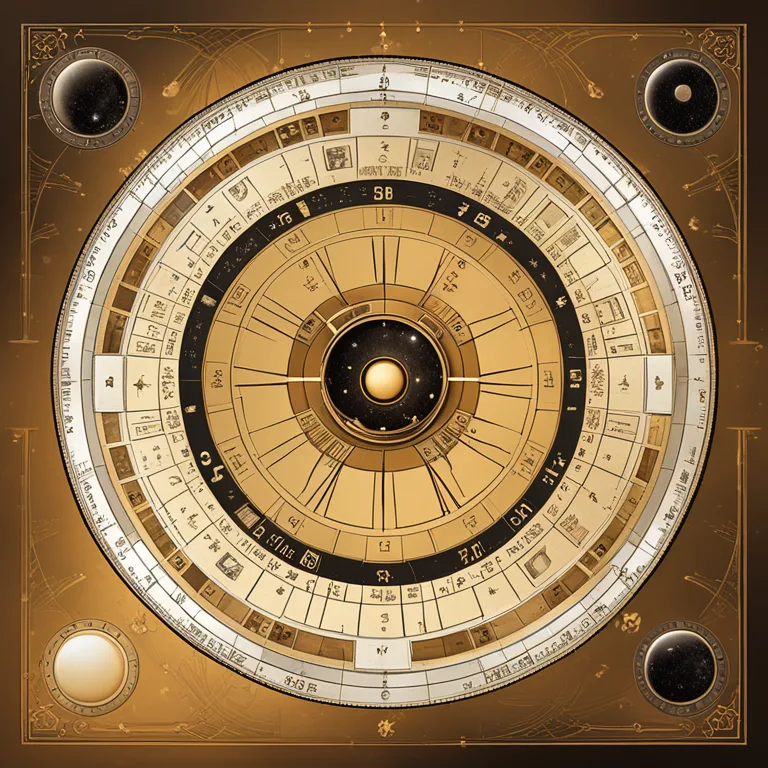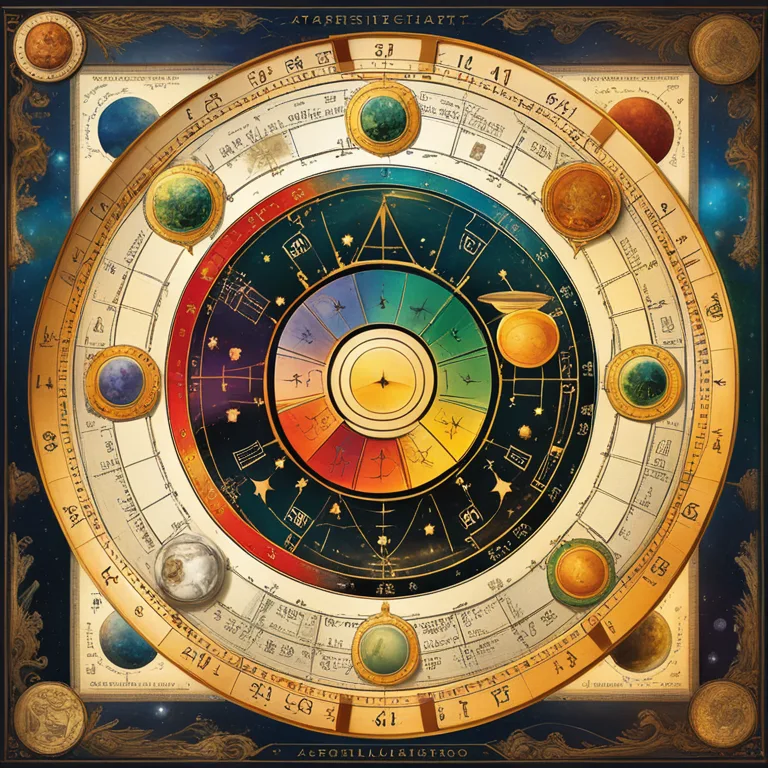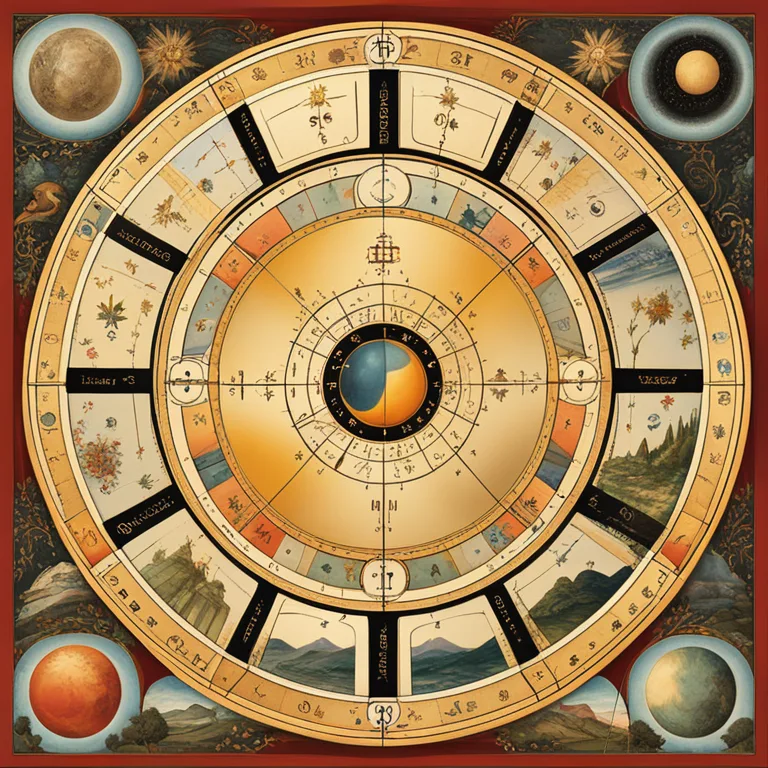
Create Your Birth Chart: A Step-by-Step Guide
Learn to create your personal astrology birth chart with this step-by-step guide covering planetary positions and key astrological insights.
article by Priya Deshmukh
Introduction to Birth Charts
Birth charts are an astrological snapshot of the sky at the exact moment you were born. Known also as a natal chart, it reveals the positions of the planets and other celestial bodies and is unique to you, like a cosmic fingerprint. This article will guide you through the process of charting your birth chart, an insightful tool for understanding your personality and life path as interpreted by the stars. With patience and precision, anyone can unlock the wisdom of the heavens to gain a deeper understanding of themselves.

Gathering Essential Information
The first step in creating your birth chart is gathering your birth details. You will need your precise time of birth, date of birth, and location of birth. The accuracy of your chart depends heavily on these details; even a few minutes can alter its configuration. If the time of birth is unknown, a solar chart using only the date and place of birth can be used, but specific insights might be less accurate.

Choosing the Right Tools
In the digital age, various online tools and software can generate your birth chart. Nevertheless, understanding the process behind chart creation is valuable. You'll find resources like astrology books or online calculators offering insights into the complexities of planetary alignments. For those interested in the traditional method, plotting the chart manually with a pen, paper, and an ephemeris can be a rewarding experience.

Understanding Planetary Positions
Once you have your details ready, it's time to chart your birth chart's planetary positions. Your chart is divided into twelve segments, known as houses, each representing different areas of life. Planets and signs within these houses reflect your personality and life experiences. Recognizing the influence of each planetary body (such as the Sun, Moon, Mercury, Venus, etc.) and their respective signs (Aries, Taurus, Gemini, and so forth) is central to interpreting your birth chart.

Interpreting Aspects and Angles
Besides the planet’s positions, aspects—the angles planets make to one another—are crucial for interpreting your chart. They can be conjoined, sextile, square, trine, or opposition, each suggesting different interactions and influences in your life. The birth chart's geometry helps astrologers understand the complexities and nuances of an individual's personality and potential life path.
Reflecting on Transits and Progressions
For a forward-looking perspective, astrologers consider transits and progressions against your birth chart. Transits reflect contemporary planetary movements, while progressions are symbolic representations of personal growth. Looking at these in relation to your chart can give insights into future trends, challenges, and opportunities. For 2024 and beyond, consider the impact of major planetary shifts, like the movement of Jupiter through Aries, as a source of personal expansion and new beginnings.
Personal Application and Growth
Creating your birth chart is only the beginning. Using it involves continual exploration and reflection. As the planets keep moving, they activate different parts of your chart, offering opportunities for personal growth and change. Your birth chart is a living guide that can help you make the most of life's cycles. Seek out the learning each planetary move brings, and you'll find astrology to be an invaluable tool for personal development.
Published: 12/27/2023
Modified: 12/28/2023
More predictions
Come back here soon to learn more about yourself and your future


Creating Your Astrological Birth Chart
Learn the step-by-step process of crafting an astrological birth chart, a personalized map of the heavens at your birth.


Daily Insights & Your Birth Chart Horoscope
Delve into the cosmic guidance of your daily horoscope, based on your unique birth chart. Gain perspective on the celestial influences shaping your day, every day.


Personal Birth Chart Analysis: Insights From Your Birth Date
Dive into the fascinating world of astrological insights with your personal birth chart analysis derived from your date of birth.